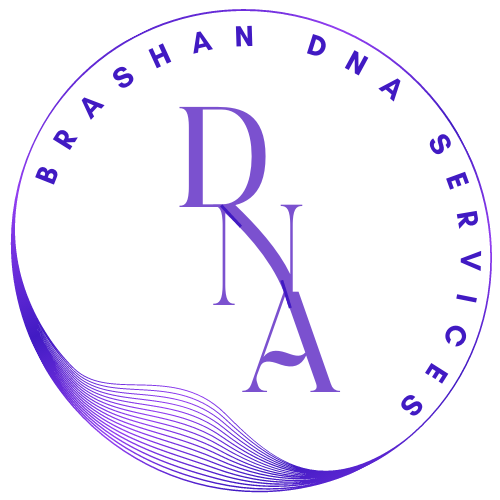l
Introduction
3 ways to reduce the risk of genetic testing are: reduce the risks of false results, discrimination, and risk of unwanted information.
3 ways to reduce risks of genetic testing
To reduce the risk of false results, it is important to make sure that the laboratory performing the test is certified and that they use high-quality equipment and techniques. Additionally, it is important to ensure that all samples are properly labelled and stored to prevent contamination or mislabelling.
To reduce the risk of discrimination, it is important for individuals to understand their rights under federal and state laws regarding genetic discrimination. Additionally, individuals should be aware of any privacy policies in place at their workplace or health insurance provider before undergoing any type of genetic testing.
To reduce the risk of unwanted information, individuals should make sure they understand what type of information will be revealed through their test before undergoing it and discuss any concerns with their doctor beforehand. Additionally, individuals should consider seeking out counseling if they feel overwhelmed by any unexpected results from their test.
Conclusion
In summary, there are 3 ways to reduce the risk of genetic testing. It is important for individuals to understand how best to protect themselves from any potential harm caused by false results or unwanted information being revealed through their tests.
Phone
Location
Store Hours
M-F: 8am – 8pm
S-S: 8am – 8pm

